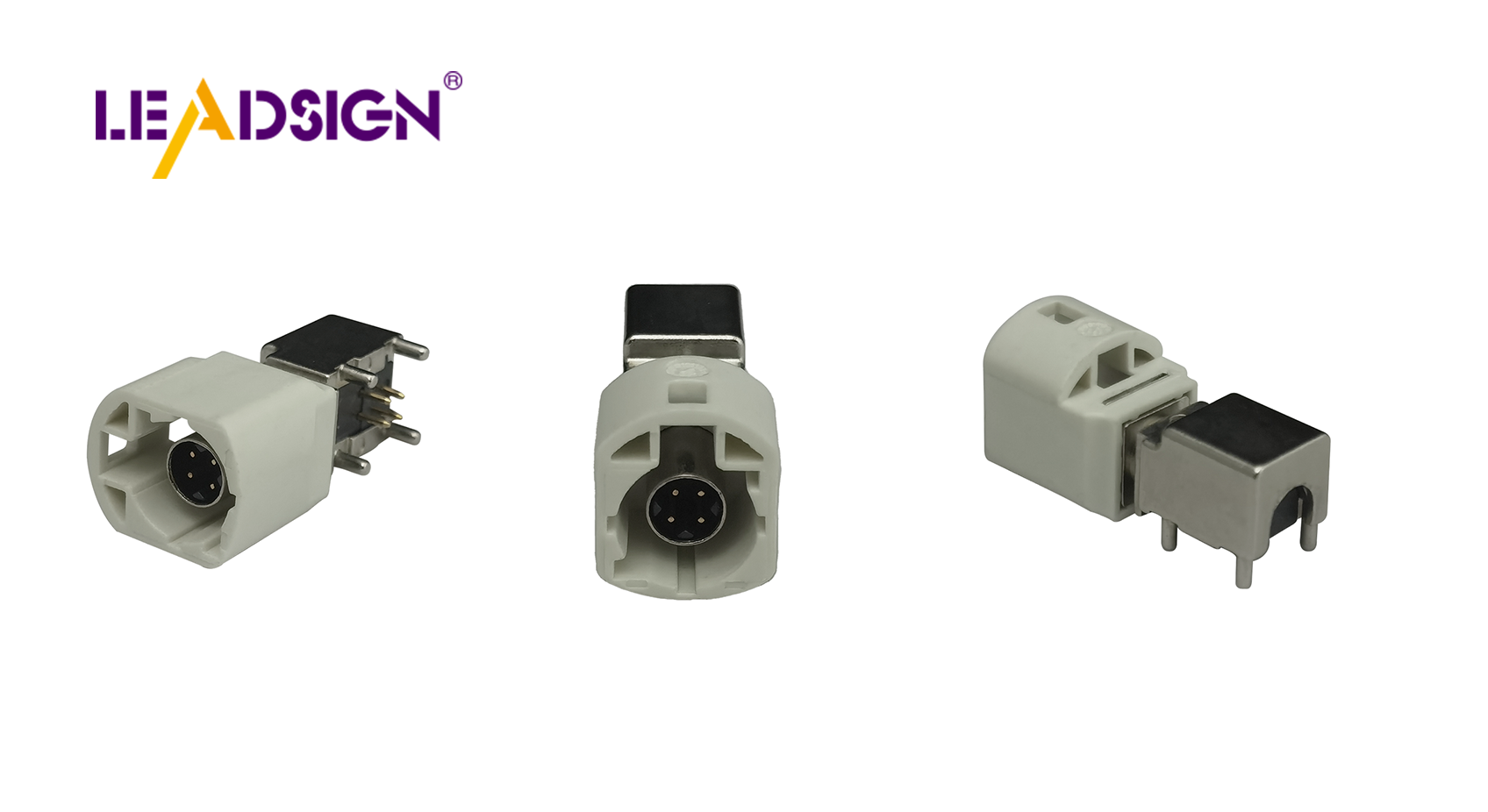How to Master Automotive Electrical Connectors Types

Imagine you're on a weekend trip. Suddenly, your car stops. The problem? A bad electrical connector. This tiny part can cause a long tow and ruin your weekend. *Automotive electrical connectors types* are important for your car's systems to talk well. Knowing these connectors helps your car work smoothly and avoids surprises. Learning about them makes your car better and saves you trouble. By understanding these parts, you help keep your car reliable.
Understanding Car Electrical Connectors
What are Car Electrical Connectors?
Definition and Purpose
Car electrical connectors link different car parts. They help systems talk to each other. This makes your car run well. You see them in wires, control boxes, and sensors. They keep your car's electric system working right.
Importance in Car Systems
Car connectors are very important. They help parts like radios and check-up systems talk. Without them, things might break or not work right. Knowing about these connectors helps your car stay reliable.
Common Car Electrical Connector Types
Blade Connectors
Blade connectors are common. They have a flat metal piece that fits into a slot. They're used in lights like headlights to send power.
Pin Connectors
Pin connectors have pins that fit into holes. They're used for sensors and control boxes. These make sure things like brakes work safely.
Butt Connectors
Butt connectors join two wires together end-to-end. They're good for fixing or changing wires in cars.
Ring and Spade Connectors
Ring and spade connectors attach wires to screws or bolts. Rings make a circle, spades look like forks. They're used for battery connections to start the car.
Knowing these connector types helps you pick the right one for your car needs.
Picking the Right Connector for Your Car
Choosing the right car connectors is important. They help your car's systems work well. Different connectors do different jobs, like sending data or power. Knowing these helps you choose wisely.
Things to Think About
Power Needs
Think about your car's power needs when picking connectors. Each type handles different power levels. For example, engine area connectors need more power than light ones. Make sure the connector fits your car's power needs.
Weather Conditions
Weather affects which connector to pick. Some are made for tough weather, like heat or rain. If your car faces harsh weather, choose strong and sealed connectors to stop rust and last long.
Material and Strength
The material of connectors matters a lot. Good materials like copper work better and last longer. Strong connectors mean fewer changes over time. Pick ones that can handle what you need them for.
Connectors for Special Uses
Engine Area Connectors
Engine area connectors handle heat and shaking well. They connect parts like sensors and fuel injectors. Choose ones that resist heat and lock tight in this tough spot.
Inside Car Connectors
Inside car connectors are for things like lights and radios. These should be easy to fit in small spaces inside the car. Pick ones that give good connections for low-power uses.
By knowing about different car connector types, you help your car run better. This helps you pick the right ones, making your car work well and stay reliable.
Best Practices for Using Automotive Electrical Connectors
Knowing connector types is just the start. You must install and care for them well. This keeps your car working smoothly. Here are some tips to help you.
Installation Tips
Proper Crimping Techniques
Crimping is best for joining wires in cars. It's strong and reliable, even in tough places like race cars. Use a good crimping tool that fits the connector. Put the wire in and press hard with the tool. This makes sure it stays tight through shakes and heat.
Ensuring Secure Connections
Secure connections stop electrical problems. After crimping, check if the wire stays put. Use connectors with extra locks for safety. These keep things steady under stress. Always double-check to stop loose parts that might break.
Maintenance and Troubleshooting
Regular Inspection and Cleaning
Regular care keeps connectors good as new. Look for wear or rust signs. Clean them with an electric cleaner to remove dirt and water. This stops rust, which can mess up electricity flow. Regular checks make connectors last longer.
Identifying and Fixing Common Issues
Spotting common problems helps fix them fast. Watch for flickering lights or signals cutting out; these mean connector trouble. If one is bad, change it right away to stay safe and keep things working well.
By using these tips, your car's connectors work their best. This boosts how your car runs and makes its electric parts last longer.
Learning about car electrical connectors is very important. They help your car's parts work well and safely. These small parts link sensors and radios, which are key in cars. Use this knowledge to make your car better and more reliable.
To learn more, check out books or websites on special connectors. Look into things like fast data connectors or factory wiring tips. By knowing more, you can solve harder car problems easily.
See Also
Exploring HSD Connectors in Automotive Sector
Navigating Ford Fakra Connectors
Significance of FAKRA in Auto Tech

